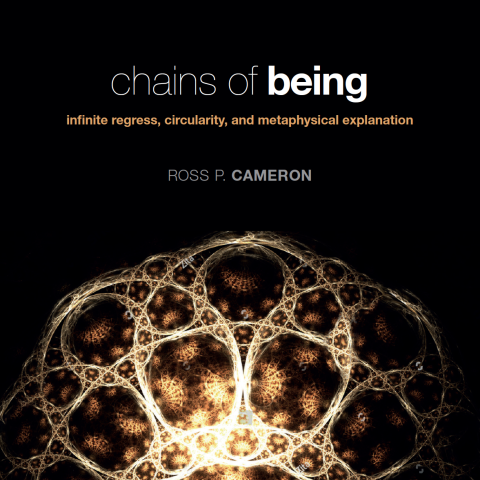
Foundationalism seeks to escape the regress argument by claiming that there are some beliefs for which it is improper to ask for a justification. In this solution, which is called foundationalism, all beliefs are justified by basic beliefs. Perhaps the chain begins with a belief that is justified, but which is not justified by another belief. belief cannot be justified as beyond doubt.the chain of reasoning loops back on itself,.some statements do not need justification,.

Throughout history many responses to this problem have been generated. That justification will in turn be another statement - let's call it P 3 so P 3 justifies P 2.But for P 2 to count as knowledge, it must itself be a justified true belief.But if P 2 is to be a satisfactory justification for P 1, then we must know that P 2 is true.That justification will be another statement - let's call it P 2 so P 2 justifies P 1.But for P 1 to be known, it must also be a justified true belief.But if P 1 is to be a satisfactory justification for P, then we must know that P 1 is true.The only thing that can justify P is another statement – let's call it P 1 so P 1 justifies P.Suppose that P is some piece of knowledge.Structure Īssuming that knowledge is justified true belief, then: It is an element of the Münchhausen trilemma. The argument is also known as diallelus ( Latin) or diallelon, from Greek di' allelon "through or by means of one another" and as the epistemic regress problem. It is a problem in epistemology and in any general situation where a statement has to be justified. This means that any proposition whatsoever can be endlessly (infinitely) questioned, resulting in infinite regress.

However, any justification itself requires support. In epistemology, the regress argument is the argument that any proposition requires a justification.


 0 kommentar(er)
0 kommentar(er)
